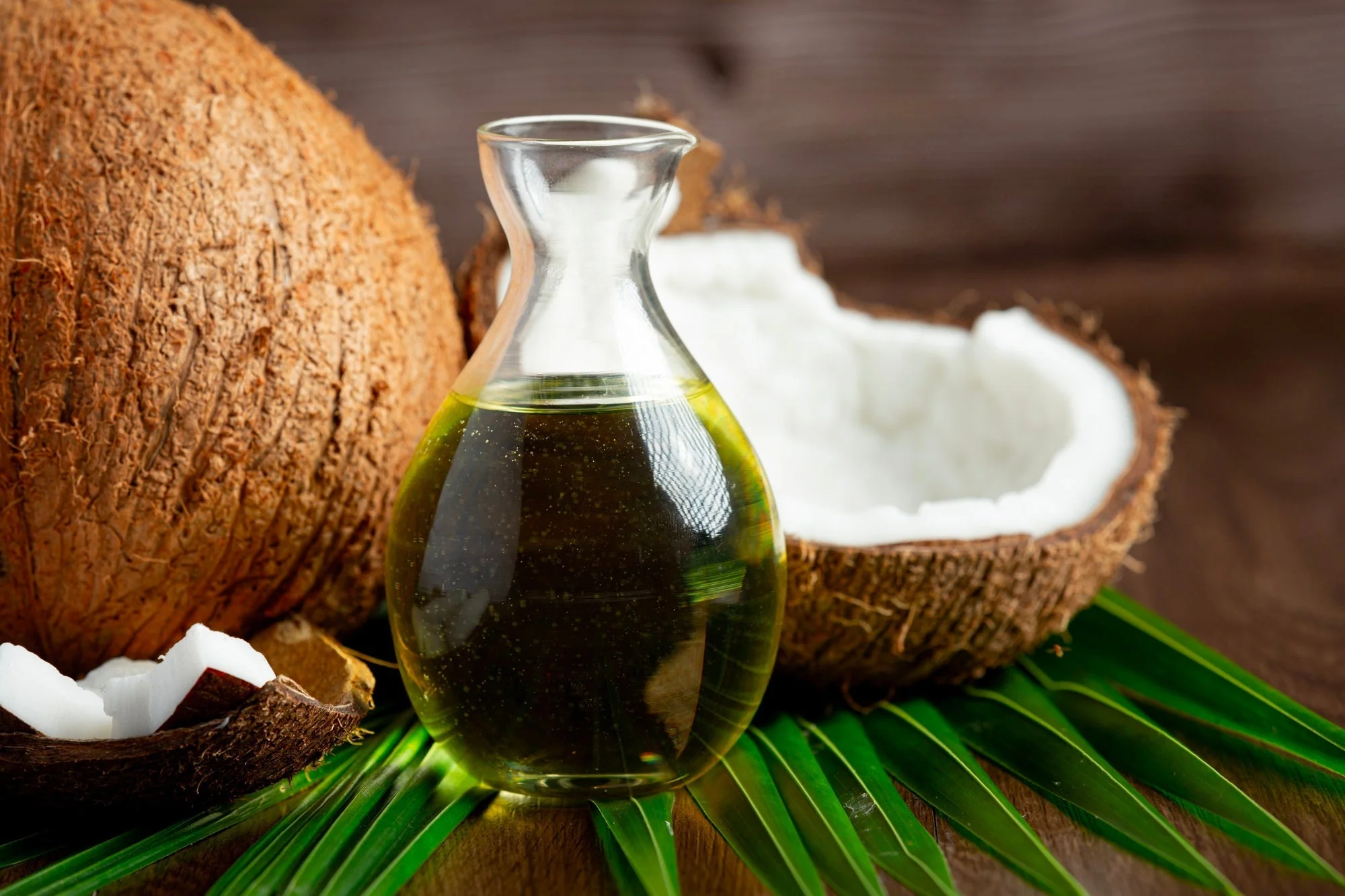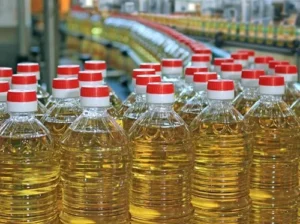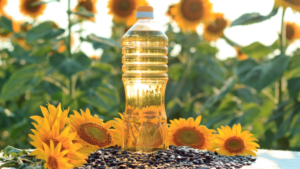
Sri Lanka Faces Coconut and Oil Price Surge amid Shortages
- CNL Reporter
- November 8, 2024
- Political
- Behind the News, Coconut and Oil Price
- 0 Comments
Behind the News
Sri Lanka’s annual coconut crop has been reduced by 40% due to the smaller harvest. Many suppliers are oversold and unable to fulfill orders, leading to price increases. The risk of defaults is also elevated. The dry season, from November to March/April, will further limit raw material availability.
The prices of coconut and cocnut oil in the local market are rising rapidly. In this situation, where there is a shortage in the domestic market, it is universally acknowledged that providing the necessary cocnuts to the people in the short term is not a feasible task.
As of November 5, 2024, the wholesale price of a coconut in Sri Lanka was between Rs. 110.00 and Rs. 120.00 per nut, and the retail price was between Rs. 120.00 and Rs. 140.00 per nut.
In July 2024, the average price of 1,000 coconuts at auction increased from Rs. 84,592 to Rs. 85,516. In August 2024, the average price of 1,000 coconuts at auction decreased from Rs. 85,516 to Rs. 85,087.
Sri Lanka’s annual consumption of edible oil is about 100,000 metric tons, with 60% of that being coconut oil.

Sri Lanka imports coconut oil from countries including Malaysia, India, Indonesia, Papua New Guinea, and Singapore
However, it should be noted that edible oil trade happens internationally, and at present, the prices of all types of oil in the global market are rising sharply.
The price of cocnut oil in the international market, per ton, has risen from 1,320 to 1,880 US dollars. The price of palm kernel oil, which is used as a substitute for cocnut oil, has reached a price of 1,250 dollars per ton. These price increases are largely due to geopolitical factors and international demand. The wholesale price of imported cconut oil is recorded at 700 rupees per kilogram. The retail price of refined cconut oil has increased to 1,350 rupees per liter. Just two months ago, the wholesale price of cconut oil in the domestic market was 630 rupees per kilogram.
Many countries around the world stabilize domestic market prices by importing cheaper oils and exporting domestically produced, more expensive oils and related products. This strategy helps in conserving foreign exchange.
Due to the ongoing war between Russia and Ukraine, the price of sunflower oil, which is produced in large quantities in both countries, has decreased rapidly. Taking advantage of this situation, India has begun importing sunflower oil in large quantities to meet its domestic needs.

In Sri Lanka, to prevent further increases in Coconut oil prices and to boost exports of palm-related products, the current course of action should be to allow the importation of crude palm oil (Palm Oil / Crude Palm Oil). Since 2022, the importation of Palm oil has been regulated under an import license system. If cconut oil is continuously imported, an additional foreign exchange outflow of about 700 dollars per ton will occur.
Accordingly, importing about 6,000 tons of cconut oil per month would result in an additional foreign exchange outflow of 3.5 million dollars per month. Over the next six months, this amount will reach approximately 25 million dollars. For a country facing foreign exchange shortages, this strategy could save around 50 million dollars annually.
The importation of crude palm oil (palm olein or crude palm oil), which is already subject to an import license system, can be relaxed for the next six months to minimize foreign exchange outflow, and this will not negatively impact the domestic palm oil industry.
Local refined palm oil producers, crude palm oil producers, and distributors will be encouraged to import crude palm oil, and if demand for palm oil in the market is low, its price can be maintained at the current level without any major disruption.

Since the importation process takes about a month, the government must make a decision at this time.By continuing this new process without any change to the existing import duties, government revenue will also increase.
Furthermore, a discussion could be initiated with the new administration regarding the restarting of palm oil cultivation, which was previously banned by former President Gotabaya Rajapaksa

